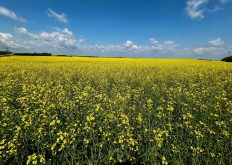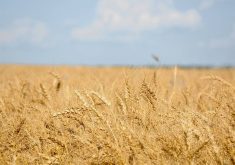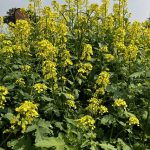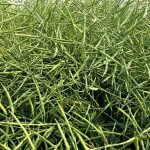New oilseed soybean and forage varieties would go through a shorter, less expensive federal registration process under proposed new regulations laid out last week.
The two crop types are the latest proposed to move to the "Schedule III, Part III" variety registration process created in 2009 through changes to the federal Seeds Regulations. The plan to shift forages and oilseed soybeans to Part III was published Saturday for a public comment period running until May 23.
The proposed amendments, according to the Canadian Food Inspection Agency’s announcement Friday, "will lower cost and time delays and allow for faster commercialization of new varieties for farmers by removing the pre-registration testing and merit assessment requirements."
Read Also
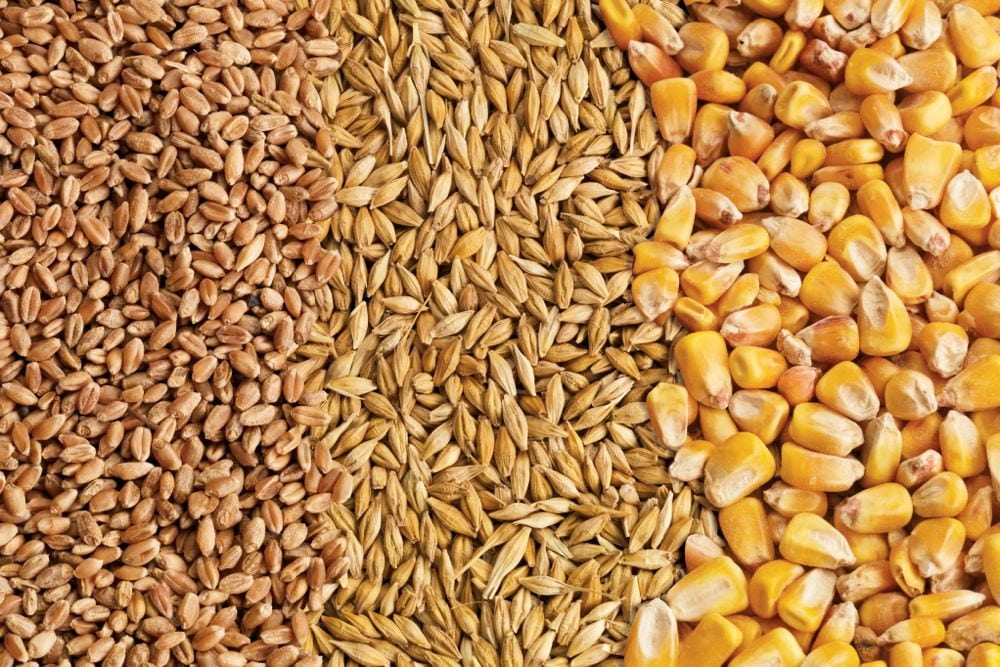
Feed Grains Weekly: More consideration being given to U.S. corn
There’s beginning to be a shift within the Canadian Prairie feed market towards importing United States corn, said Darcy Haley, vice-president of Ag Value Brokers in Lethbridge.
The changes, CFIA said, are expected to "reduce the monetary and regulatory burden on industry and small businesses and encourage investments in the development of new varieties" of soybeans and forages — the latter including alfalfa, birdsfoot trefoil, bromegrasses, canarygrass, alsike clover, red clover, sweet clover, white clover, forage-type fescues, lupin, orchardgrass, ryegrasses, timothy, wheat grasses and wild ryes.
CFIA proposes to move crop types from Part I to Part III in cases "where pre-registration testing and merit assessment are deemed to be excessively burdensome or ineffective."
For Part III crops, no recommending committee involved in bringing varieties forward for registration, the agency said. Applications for registrations would be made directly to CFIA. Food-type soybean varieties (not to be confused with oilseed types) are already exempt from the registration process.
The proposed amendment to the Seeds Regulations, CFIA said, "would benefit both large multinational and small local breeding companies (but) the smaller companies would see a greater benefit as the reduced costs for variety registration would represent greater relative savings."
Smaller companies would also be able to recoup the costs of their breeding programs faster, CFIA said, as pedigreed seed would be available earlier and smaller seed firms also wouldn’t have to decide which varieties they can afford to send for pre-registration testing.
"In general, this regulatory change will allow farmers to access more quickly a wider selection of new varieties of seed produced by both large and small breeding programs," the agency said.
Pre-registration testing and merit assessments on new oilseed soybean varieties right now "add one to two years to the registration process" and cost about $750 in pre-registration testing fees per variety.
Given that new forages are most often perennials, new varieties right now go through three to five years of testing at a cost of about $1,500 in pre-registration testing fees per forage variety.
It’s possible that pulling the merit assessment requirement, CFIA said, "may result in registration, and subsequent cultivation, of varieties that are less agronomically adapted to their area."
However, the agency said, "in the existing system, varieties are granted national registration based on performance data from regional trials, so producers must already conduct their own research to ensure they are selecting the best varieties for their farm."
A shift to Part III, the agency added, "would not affect the CFIA’s ability to monitor, trace and regulate the sale of seed of varieties in the marketplace and related compliance and enforcement actions."
"Timely availability"
The Canadian Seed Trade Association hailed the proposed move of oilseed soybeans to Part III, noting "more timely availability of new cultivars" would help Canadian producers maintain competitive yields, but would also help ensure farmers get "timely access" to the newest varieties with tolerance to disease pressures, giving Asian soybean rust as an example.
The shifts to Part III, CSTA said in a position paper, also would have "no impact on buyers of common seed" but could boost use of certified seed among producers seeking seed of new varieties.
Furthermore, the association expected the expedited process to allow seed multiplication work to begin sooner in Canada, as it would "remove the uncertainty" of getting support for a new registration from a provincial registration recommending committee.
In the case of new forages, CSTA said a more timely release of new cultivars "may increase activity" where there’s now "relatively little" work done in private-sector forage cultivar development in Canada.
Also, Ottawa-based CSTA said, the move "could result in an increase in the number of varieties of low-sales-volume species, as the high costs and delays associated with merit testing and recommendation would be reduced."
CFIA noted Friday its proposed amendments will also remove the option to suspend the registration of a variety, and thus "eliminate the confusion between suspension and cancellation of variety registration."
Registrations that have been previously suspended would now instead be cancelled, CFIA said, but may be reinstated when the reasons for said cancellation expire.
Related story:
Loosened variety registration rules proposed, July 2, 2008



